3
EPISODE THREE :
WARM SPRINGS
OUR STORYTELLERS
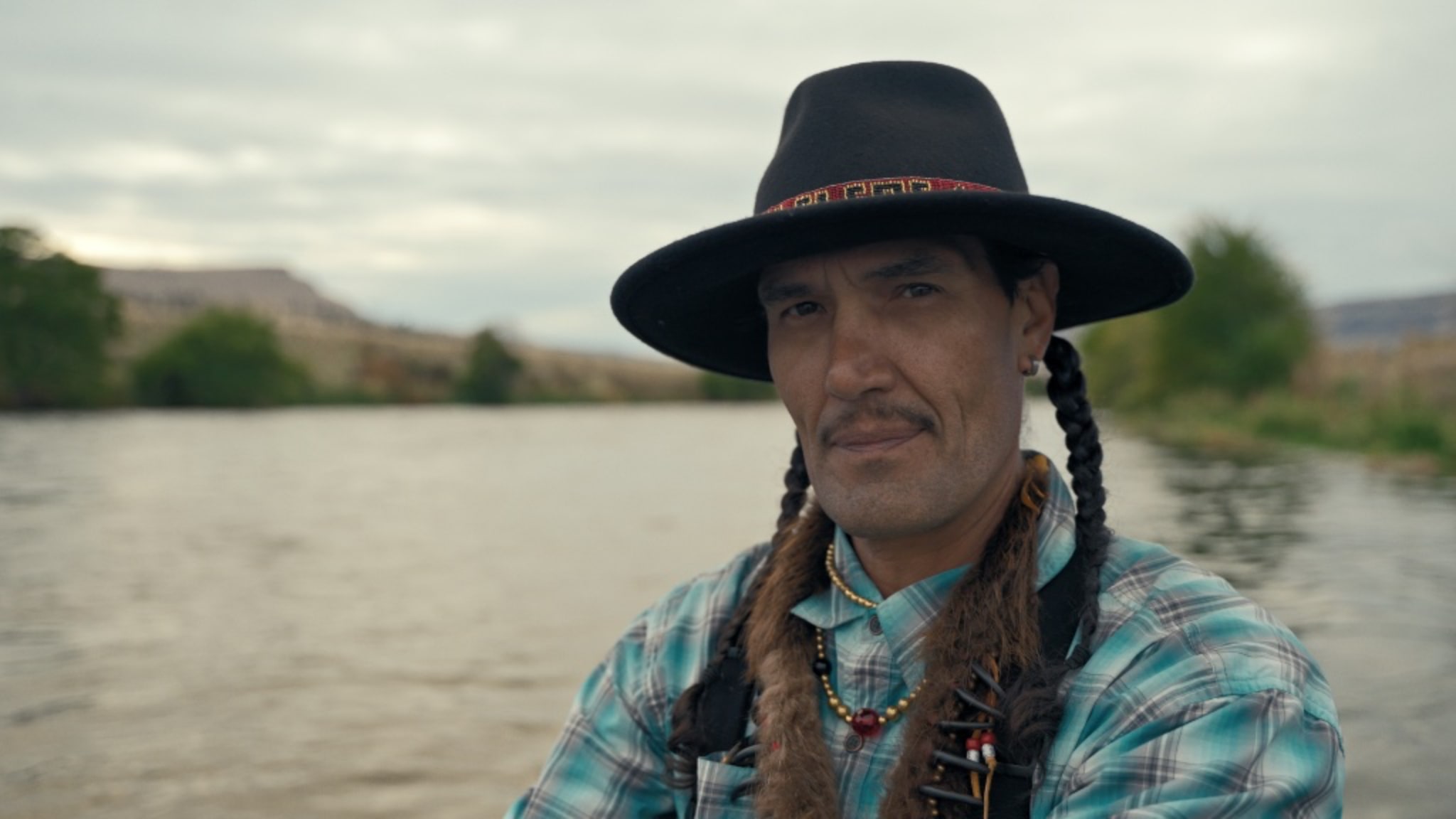
ELKE
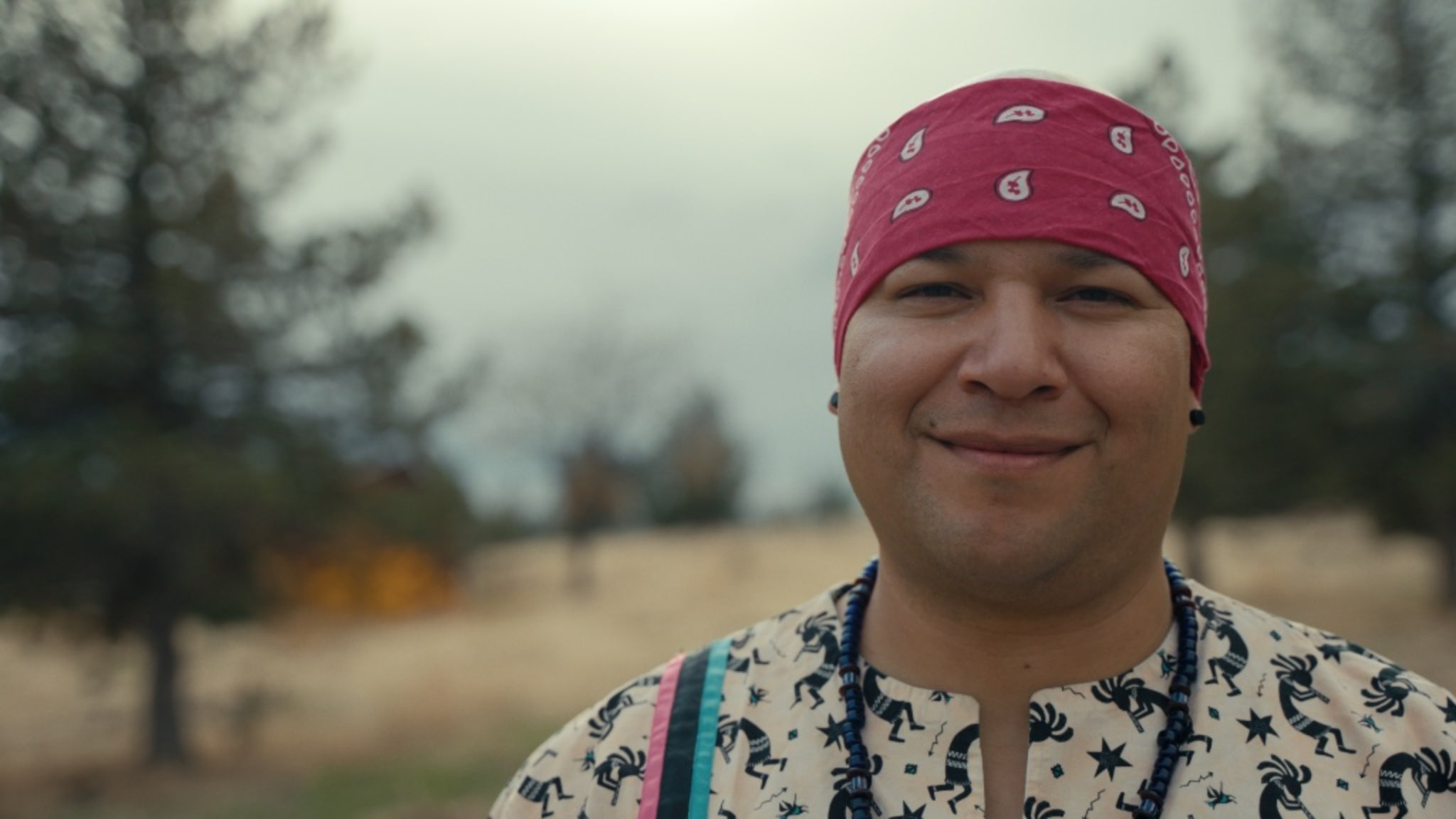
JEFFERSON
SALMON
daua wachpish
(Kiksht)
The Indigenous peoples of Turtle Island’s Pacific Northwest self-identify as Salmon People. For millennia, the people and the fish, known in the Kiksht language daua wachpish, have shared a symbiotic relationship of codependence and collective stewardship.
Salmon was a gift from the Creator and is at the very center of their creation stories. When humans were created, they did not know how to feed themselves, so the Creator asked all the animals what they could do to help.
The salmon was the first to stand up and offer his body to the humans for sustenance but lost his voice in the process. His only request was that the people allow him to return to where he was born and speak up for him when he couldn’t speak for himself.
For the Warm Springs, Wasco and Paiute peoples, their existence has always been intrinsically linked to this agreement with the salmon, where if they cared for the salmon, the salmon would care for them.
The people based their lifeways around salmon migration and maintained a harmonious coexistence for millennia, until colonial incursion disrupted everything.
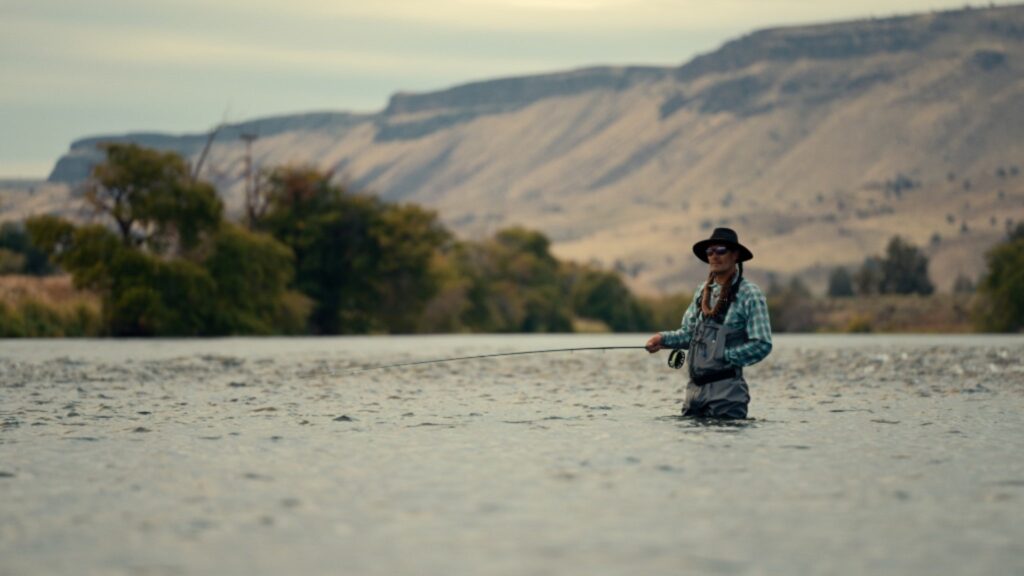

As settlers began to flood into the Columbia Plateau, commercial fisheries quickly depleted salmon runs. The US government then began damming rivers for agricultural and hydroelectric purposes, disrupting the migratory paths of the fish.
The resulting cultural alienation was further compounded as the federal government pushed Indigenous peoples onto reservations and forced children into state schools, removing them from their territory and robbing youth of the opportunities to learn traditional practices.
While colonialism’s legacies have endured for centuries, the Nez Perce, Yakama, Warm Springs and Umatilla Tribes have begun to restore their connection with the salmon.
Tribal authorities and Indigenous organizers have been at the forefront of lobbying efforts to breach the dams on the Columbia and Snake Rivers, with the hopes of eventually restoring salmon populations.
Just like in their creation stories, the Indigenous peoples of the Columbia Plateau are once again speaking for and defending the salmon, as they have learned from their shared history that both their survivals are intrinsically linked.
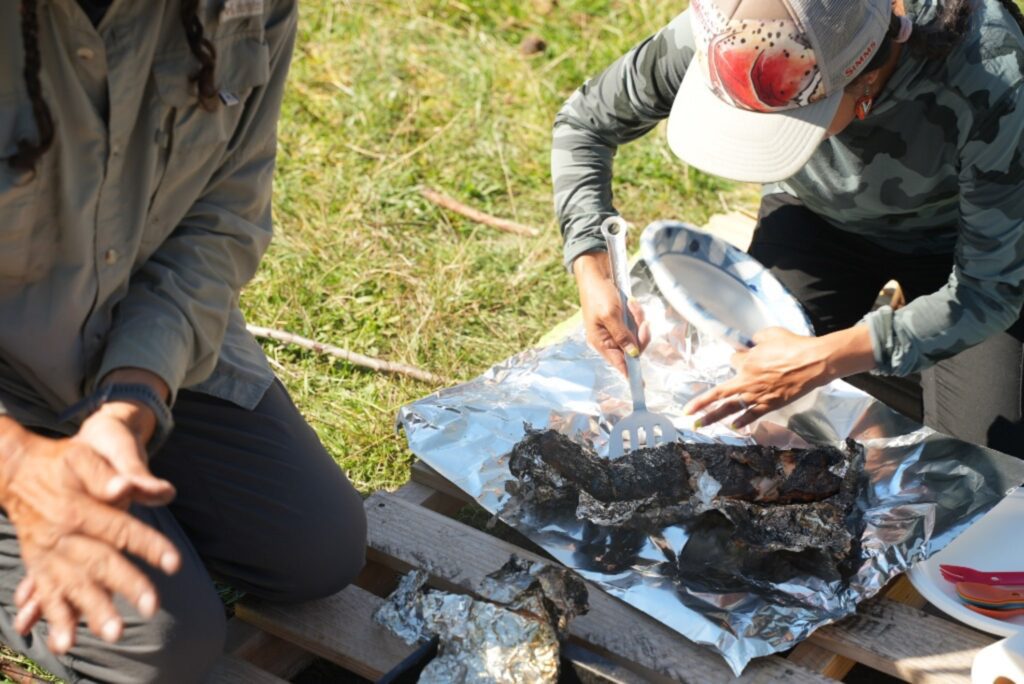
CONTACT US
Have a story about your own little big community?
Reach out and let us know! We would love to help you tell it.
